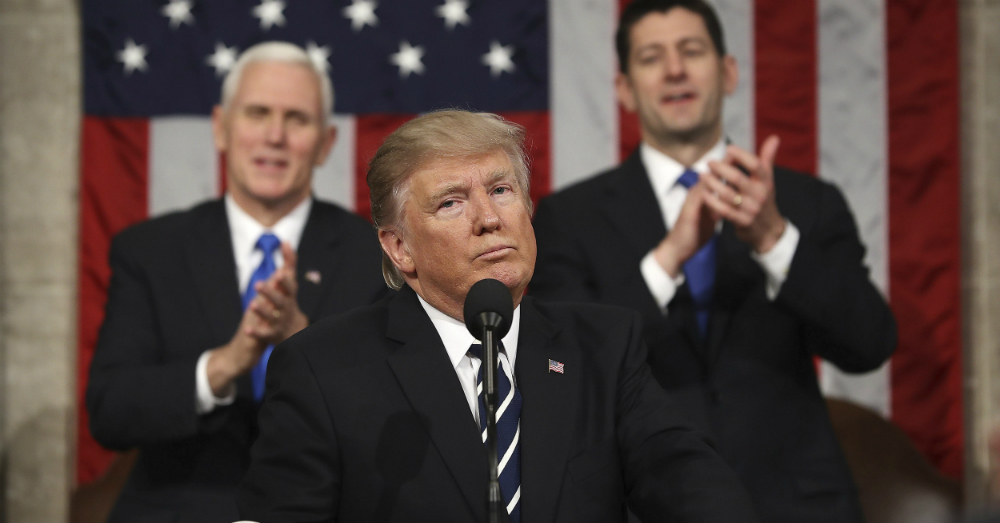Part of the campaign that President Donald Trump structured and ran on was to help bring jobs back to the US by penalizing those automakers that moved jobs and plants to Mexico. On paper and in theory this sounds great for the US as it would add more jobs to the economy and potentially create a situation where the cars that are sold in the US are also built in the US, but should the President be allowed to impose the same rules and penalties upon foreign automakers as the ones based in the US?
While Ford and GM, and to a lesser extent FCA, are based in the US and still have several manufacturing plants in this country, the talk of moving jobs and manufacturing to Mexico can be halted by the President as he has some say over these companies. While there are manufacturing plants from foreign companies such as Toyota, Honda, Volkswagen and even Mercedes-Benz in the US, these companies aren’t necessarily subject to the same laws and regulations that the companies that are based in the US are subject to. Even so, the new President has already stated he intends to impose a high border tax on vehicles that are manufactured in Mexico and imported to the US regardless of the automaker.
This has set off alarms with some of the Japanese automakers such as Toyota and Nissan. The argument Toyota has is the fact that building a new plant in Mexico rather than the US doesn’t cause any job losses to the US. This plant will be all new and won’t change what Toyota is already doing in the US at all. With this in mind, the discussion turns a new way because the thought behind the imposed border tax was to disallow the movement of jobs to Mexico, not to prevent a company from employing a Mexican workforce in the country.
If the President is able to impose the border tax on vehicles made in Mexico then Nissan one of the companies that stands to lose in a big way. They are one of the largest automakers in Mexico with more than 14,500 employees that make over 850,000 vehicles each year. The vehicles imported from Mexico to the US by Nissan account for nearly thirty percent of the total sold by the automaker, which is a huge number when you compare it to the low number of five percent that are imported by Toyota and sold in the US.
When you look at the current production in Mexico, nearly every automaker has at least one large plant in the country. The names include GM, Chrysler, Ford ,Volkswagen, Hyundai and several others that are currently producing vehicles in Mexico and importing them into the US. The threat of a border tax for the vehicles being imported might cause more than a little concern and challenge when it comes to the need to have the models on the market in the US to sell.
Who needs the models on the market that are being made in Mexico? The nearly 136,000 employees of Toyota, the 22,000 employees of Nissan and the 16,000 employees of Honda that all work and live in the US currently need these vehicles to help continue to support their livelihood. Will the new President impose border taxes on the vehicles made in Mexico? Are we going to see more companies have to make the tough choice on what to do about these imposed fees even as they’ve been good partners for many years? We’ll find out as we move forward through this new Presidency.
This post may contain affiliate links. Meaning a commission is given should you decide to make a purchase through these links, at no cost to you. All products shown are researched and tested to give an accurate review for you.
